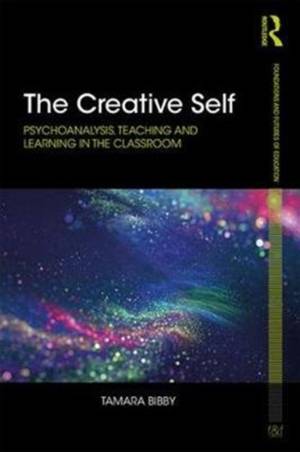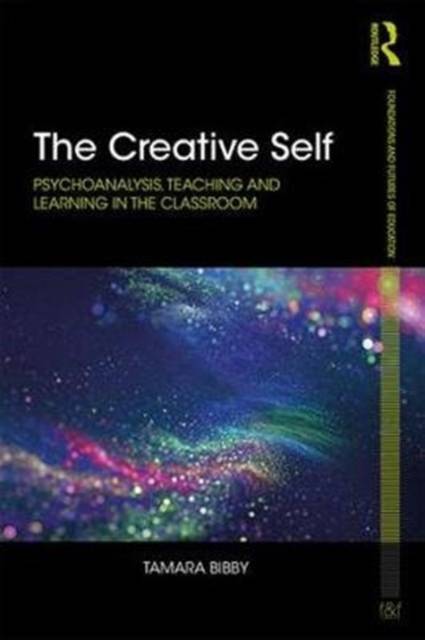
- Retrait gratuit dans votre magasin Club
- 7.000.000 titres dans notre catalogue
- Payer en toute sécurité
- Toujours un magasin près de chez vous
- Retrait gratuit dans votre magasin Club
- 7.000.000 titres dans notre catalogue
- Payer en toute sécurité
- Toujours un magasin près de chez vous
Description
The Creative Self engages with the work of the psychoanalyst D.W. Winnicott to develop alternative ways of thinking about key issues at the heart of pedagogy; specifically pedagogic relationships, creativity, defiance and compliance. These issues underpin the desires and defences of professionals located in educational institutions, such as the desire to know what is best, to know how to reach all learners, normalised expectations of behaviours and outcomes, and sometimes challenging engagements with students and the curriculum.
Each chapter provides both a theoretical focus and illustrative demonstrations of the ways in which Winnicott's theories may be relocated and used productively as tools for professional and academic reflexivity. By building extensively on Winnicott's understanding of the ways in which relationships facilitate (or hinder) the development of the self, this book extends his clinical focus on parental and analytical relationships to think about the ways in which the pedagogic relationship can provide an environment in which people may (or may fail to) develop as learners.
This approach provides powerful ways of thinking about pedagogy and pedagogic relationships that stand apart from the cognitive and rationalist tradition. This focus can be used constructively to support people working in educational settings to re-establish a sense of personal and professional autonomy in an environment recently typified by compliance. The Creative Self is an engaging and innovative read appealing to postgraduate students, teachers, researchers and academics with a desire for a new analytic lens through which to explore the educational experiences of both learners and teachers in schools, colleges and universities.
Spécifications
Parties prenantes
- Auteur(s) :
- Editeur:
Contenu
- Nombre de pages :
- 170
- Langue:
- Anglais
- Collection :
Caractéristiques
- EAN:
- 9780415716802
- Date de parution :
- 18-08-17
- Format:
- Livre broché
- Format numérique:
- Trade paperback (VS)
- Dimensions :
- 150 mm x 224 mm
- Poids :
- 272 g







